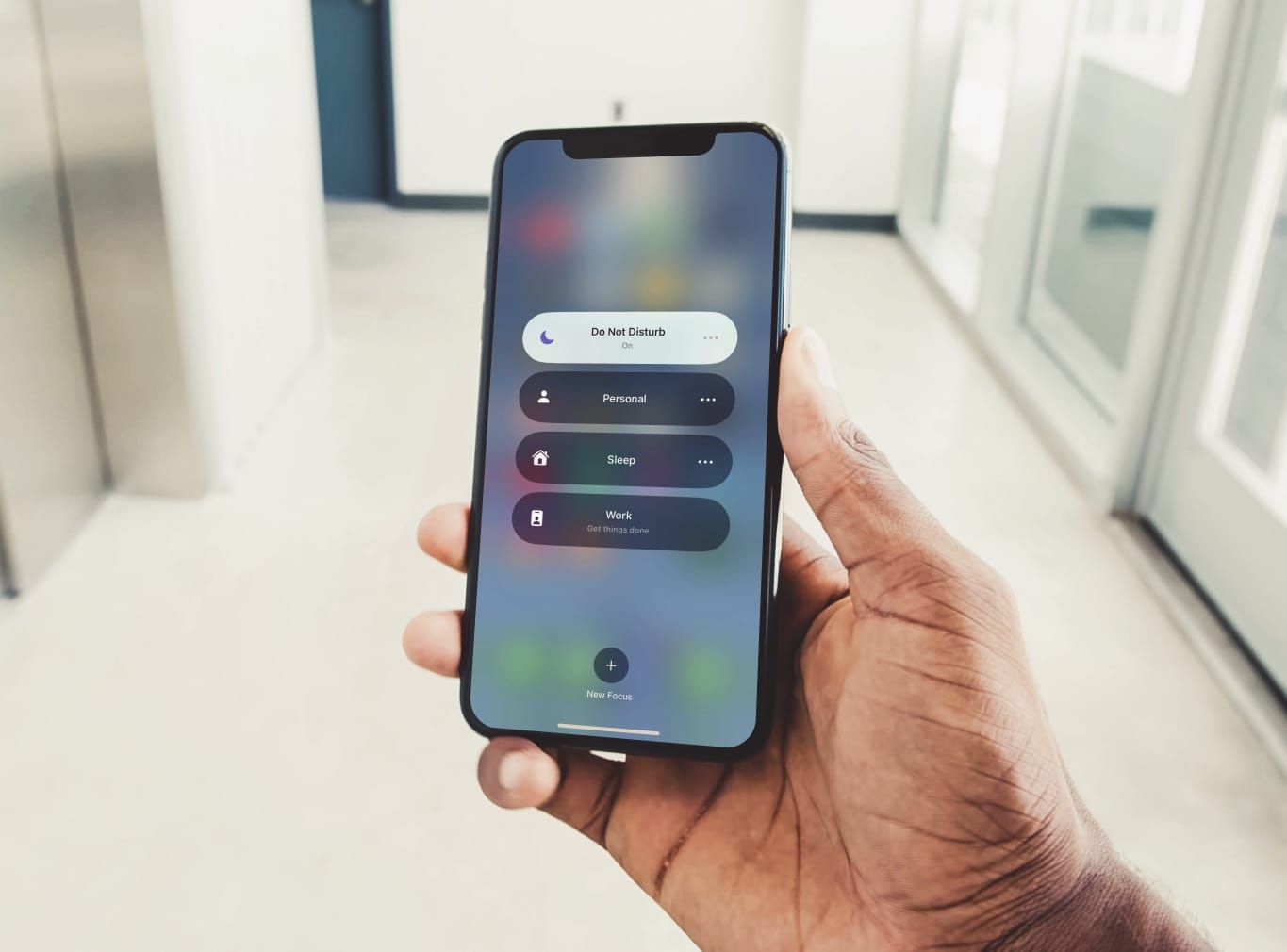Digital Detox: Strategies to Combat Social Media Addiction

In a world where social media platforms are deeply woven into the fabric of daily life, avoiding social media addiction has become a significant challenge. The allure of constant connectivity and instant gratification can easily lead to excessive use, impacting mental health, productivity, and relationships. This article discusses practical tips to help individuals manage their social media usage and avoid falling into the trap of addiction.
1. Set Specific Time Limits
Establish clear boundaries for social media use by setting specific time limits. Allocate designated periods during the day for checking social media, such as during lunch breaks or after work hours. Use features available on smartphones and apps that track screen time to monitor and limit usage.

2. Create Social Media-Free Zones
Designate certain areas or times as social media-free zones, such as bedrooms, dining areas, or during family gatherings. This encourages more meaningful interactions and reduces the temptation to check your phone constantly.

3. Turn Off Notifications
Constant notifications can be a major distraction, prompting frequent checks of social media accounts. Turn off non-essential notifications or set your phone to “Do Not Disturb” mode during work or study hours to maintain focus and productivity.

4. Prioritize Real-Life Interactions
Make a conscious effort to prioritize face-to-face interactions over virtual ones. Spend quality time with friends and family, engage in hobbies, and participate in activities that do not involve screens. Building stronger real-life connections can reduce reliance on social media for social fulfillment.

5. Use Social Media Mindfully
Be mindful of the content you consume and how it affects your emotions. Avoid mindless scrolling by setting specific goals for your social media use, such as catching up with friends or seeking inspiration. Practice self-awareness to recognize when social media use is becoming compulsive or detrimental to your well-being.

6. Schedule Regular Digital Detoxes
Plan regular breaks from social media, ranging from a few hours to several days. Use this time to disconnect and recharge, focusing on activities that promote relaxation and self-care. Digital detoxes can help reset your relationship with social media and provide a fresh perspective on its role in your life.

7. Curate Your Feed
Unfollow or mute accounts that promote negative emotions, such as envy, anger, or stress. Instead, follow accounts that inspire, educate, and bring positivity into your life. A well-curated feed can enhance your social media experience and reduce the risk of addiction.

8. Seek Support
If you find it challenging to control your social media use, consider seeking support from friends, family, or mental health professionals. Joining a support group or engaging in therapy can provide valuable insights and strategies to manage and overcome social media addiction.

9. Engage in Offline Activities
Find and cultivate interests that do not involve screens, such as reading, exercising, cooking, or volunteering. Engaging in offline activities can provide a sense of fulfillment and purpose, reducing the urge to seek validation and entertainment through social media.

10. Reflect on Your Usage
Regularly reflect on your social media habits and their impact on your life. Consider keeping a journal to document your feelings and behaviors related to social media use. This self-reflection can help you identify patterns and make informed decisions about your digital habits.

Avoiding social media addiction requires intentional effort and self-discipline. By implementing these practical tips, individuals can create a healthier balance between their online and offline lives. As we navigate the digital landscape, it is essential to remain mindful of our social media usage and prioritize activities that enhance our overall well-being and happiness.


